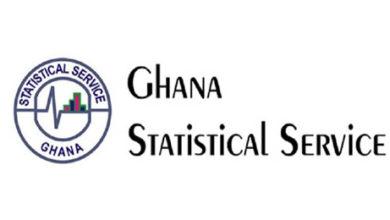BoG moves to protect interest of depositors in RCBs

The Bank of Ghana (BoG) has laid out protocols that will ensure the protection of the interest of depositors and other stakeholders of rural and community banks (RCBs) through the new corporate governance and risk management guidelines.
The bank is in the final phase of issuing the guidelines as a directive to ensure the sanity of RCBs, as it has issued a draft version seeking industry input.
The objective of the directive is to require RCBs to adopt sound corporate governance principles and best practices to enable them undertake their licensed business in a sustainable manner.
It is also expected to promote the interest of depositors and other stakeholders by enhancing corporate performance and accountability of RCBs.
To promote and maintain public trust and confidence in RCBs, the directive will prescribe sound corporate governance standards which are critical to the proper functioning of the industry.
The BoG indicated that the risk management guidelines have been designed to provide a framework within which regulated RCBs will establish a culture of risk management in their institutions.
The risk management guidelines are based on the Banks and Specialised Deposit-Taking Institutions Act 2016 (Act 930) as well as best practices of rural banking.
The central bank said these guidelines will ensure, among other things, that RCBs have a structured approach to risk management that meets the minimum standards expected of them.
“The guidelines set out the minimum standard provisions on policies and procedures that would have to be covered in the various policies and procedures manuals used by the RCBs,” the regulator said.
“The guidelines will also provide RCBs with the needed guidance to protect their institutions from losses; protect and attract capital, and instill confidence in the regulator and other stakeholders through the adoption of measures that promote stability in rural banks and the wider financial sector,” the bank added.
Among other things, RCBs are expected to use the guidelines for the formulation of RCB-specific risk management systems that meet their unique needs.





